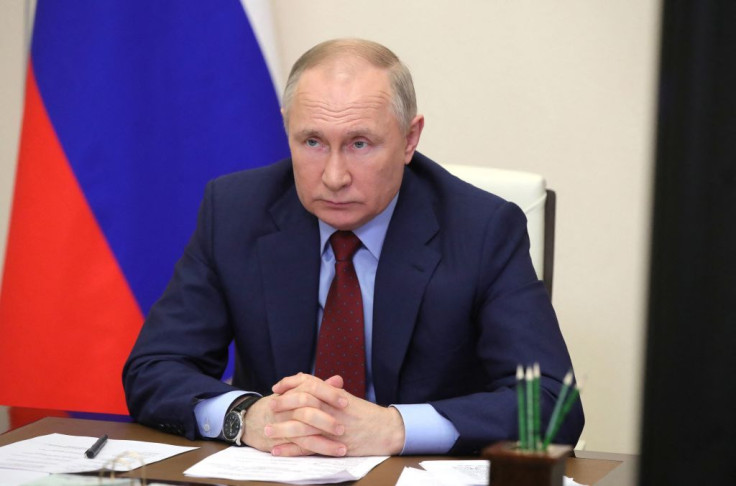It seems like not all Russian soldiers agree with their President Vladimir Putin's Ukraine invasion plans.
About 60 Russian soldiers reportedly staged a revolt and refused to continue fighting in Ukraine, reported The Sun. The 60 or so troops were Russian elite paratroopers, according to Ukraine, but this is yet to be confirmed.
According to Metro, the servicemen are understood to hail from Pskov, which is a key base for one of Russia’s most elite airborne units. They took the step after reportedly witnessing their comrades being wiped out in battle in Ukraine.
As part of the invasion force, the men had been moved to Belarus. But after their revolt, they were sent in disgrace back to their base in Pskov, reported Mirror.
Pskovskaya Guberniya reported that about "60 servicemen from Pskov refused to go to war on Ukrainian territory, according to our sources." It was further reported that after the first days of the war, they were "first brought to the Republic of Belarus, and then they returned to their base in Pskov."
While some of them have been branded "cowards" and dismissed, others are expected to face the Russian equivalent of a court-martial. They might be given jail sentences. To handle the insubordination, Russia's Defense Minister Sergei Shoigu is reported to have sent one of his deputies to Pskov.
Ever since the war started in February, there have been several cases of Russian troops refusing to obey Putin’s orders to invade Ukraine. Earlier, Russian soldier from Pskov, Vladimir Safronov told his Ukrainian interrogators about problems with rations. The 23-year-old captive said that things were bad with food, and that they were "constantly saving it." He added that very often they had a "situation that a ration for one person is shared between two people." The Russian soldiers were eating mostly what they "find inside (civilian) houses (in occupied Ukraine)," he shared.
He also said that ever since the invasion started, a lot of looting has been going on, and that he had "personally seen it." Safronov said that he didn't support it, and that it was "mainly senior sergeants and the commander who did it." He noted that he saw civilians who were hiding, "people who were unable to evacuate, who lived in constant fear," and he felt "awfully sorry for them, it was scary to find them."

© 2025 Latin Times. All rights reserved. Do not reproduce without permission.





